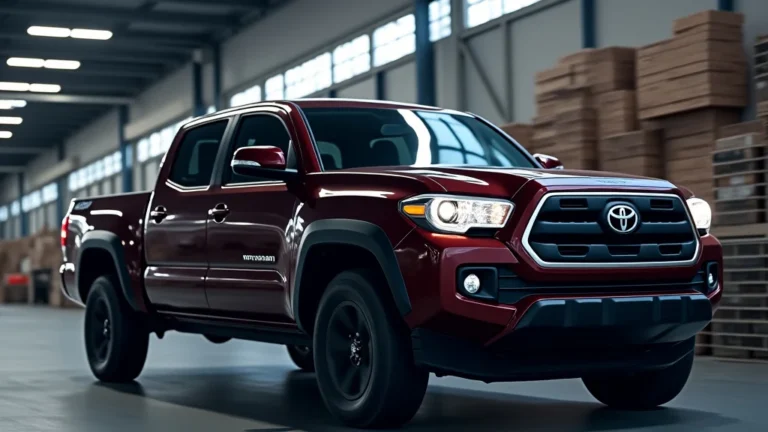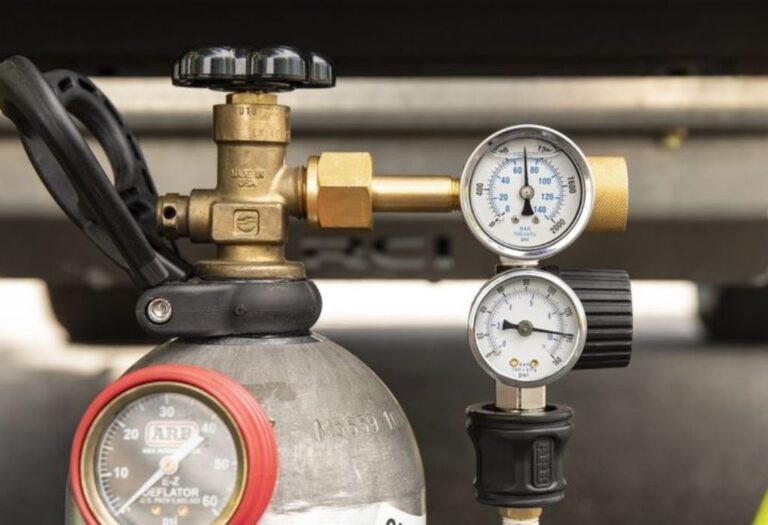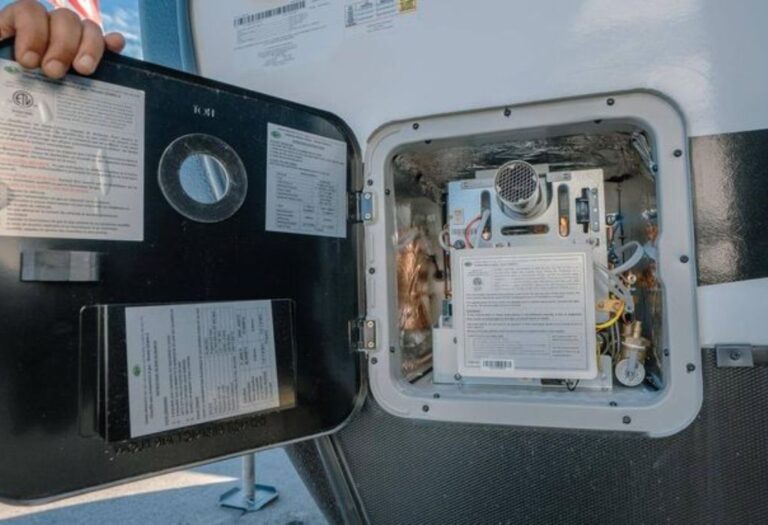Are Two 6 Volt Batteries Better for RV Power? Expert Breakdown
An RV owner preparing for a long trip often wonders if their battery setup can keep everything powered. The choice between a single 12 volt battery or two 6 volt batteries becomes one of the most common debates in RV living.
The question is simple but important: are two 6 volt batteries better for RV power than standard 12 volt options. The answer can directly affect how long lights, appliances, and electronics run while camping.
Running out of power during a trip can turn a fun adventure into a stressful experience. A poor battery choice might leave refrigerators off, water pumps silent, or heaters useless.
RV batteries vary greatly in performance depending on design and use. Deep cycle batteries are built to handle repeated charging and discharging, but not all are equal in durability.
According to the Recreational Vehicle Industry Association, typical RV house batteries last 2 to 6 years depending on type and maintenance (RVIA). Lithium alternatives extend that lifespan to nearly a decade, but their cost is significantly higher.
The U.S. Department of Energy notes that lead-acid batteries average only 3 to 5 years, while lithium options can exceed 10 (Energy.gov). This makes the decision even more critical for long-term RVers.
Choosing between two 6V batteries and one 12V battery is not just about price. It is about lifespan, performance, and how well the setup supports travel style.
This article explores the advantages, disadvantages, and expert recommendations for RV battery setups. By the end, you will know whether two 6 volt batteries or a 12 volt battery is the smarter investment for your RV lifestyle.
Understanding RV Battery Basics
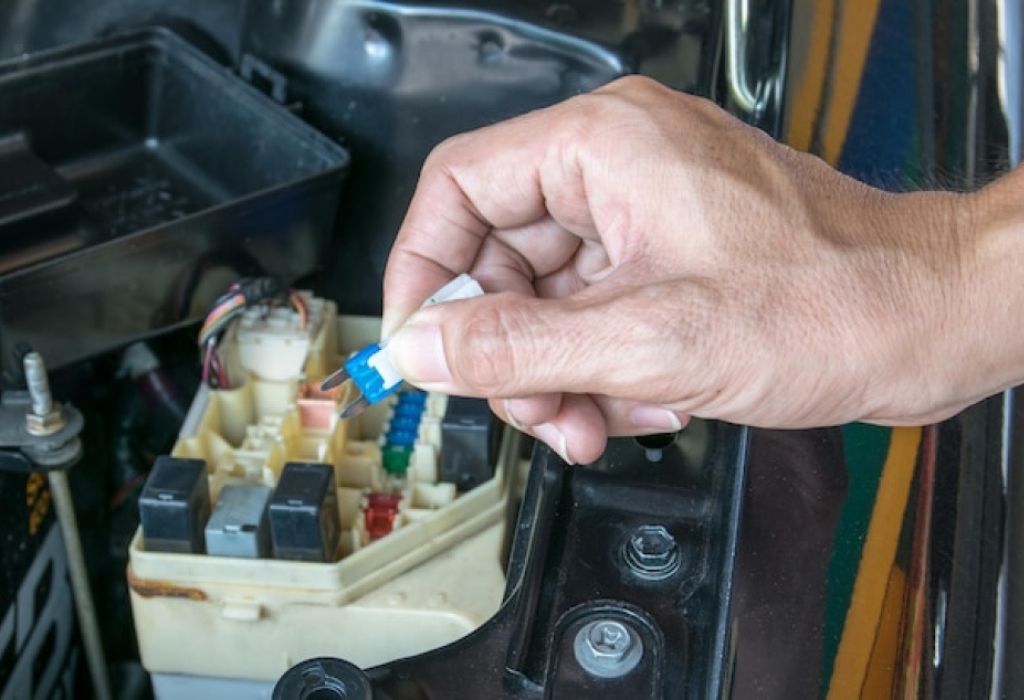
An RV typically uses two types of batteries: chassis batteries for starting the engine and house batteries for powering appliances. House batteries are deep cycle units designed to handle frequent charging and discharging.
Voltage is another important factor in RV battery selection. A 6 volt battery must be paired in series to deliver 12 volts, while a single 12 volt battery can operate independently.
Understanding the wiring setup is also critical for safe use. In series, two 6V batteries double the voltage to 12V, while in parallel, batteries maintain voltage but increase capacity.
What is the role of an RV house battery?
It powers lights, appliances, and electronics inside the RV.
Are 6 volt batteries deep cycle?
Yes, most 6V batteries are deep cycle designed for long discharge cycles.
What is the difference between 6V and 12V batteries?
A 6V must be paired to reach 12V, while a single 12V can be used alone.
What does series wiring mean?
It connects batteries end-to-end to increase voltage.
Are Two 6 Volt Batteries Better for RV Use?
The direct answer is that two 6 volt batteries are often better for RV use than a single 12 volt. When connected in series, they provide 12 volts but with improved deep cycle performance.
RVers prefer two 6V batteries because they typically last longer and handle deeper discharges. This makes them more reliable for boondocking and long off-grid stays.
However, two 6V batteries do require more space and cost more upfront. The tradeoff is a more resilient and dependable power source.
Do two 6V batteries make 12V?
Yes, when wired in series they equal 12 volts.
Why do RVers prefer two 6V batteries?
They provide more consistent performance for deep cycling.
Are two 6V batteries better than one 12V?
Yes, they usually last longer and handle discharge better.
Do they cost more?
Yes, but the longer lifespan offsets the price.
Advantages of Two 6 Volt Batteries
One of the biggest advantages of 6V batteries is their thicker lead plates. This design makes them more durable and better at surviving repeated deep discharges.
They generally last longer than standard 12V batteries when maintained correctly. RVers who frequently camp without hookups benefit most from this extended lifespan.
Two 6V batteries also deliver steady power under heavy loads. This is ideal for running inverters, microwaves, and other demanding appliances.
What is the biggest advantage of 6V batteries?
They last longer under repeated deep discharge cycles.
Do they perform better for boondocking?
Yes, they provide more usable capacity for off-grid camping.
Do they reduce replacement costs?
Yes, fewer replacements are needed over time.
Are they reliable for RV appliances?
Yes, they deliver consistent power to sensitive devices.
Disadvantages of Two 6 Volt Batteries
The first drawback is that you cannot use a single 6V battery to power an RV. They must always be paired in series to reach 12 volts.
This setup requires more space inside the battery compartment, which can be a challenge for smaller RVs. It also increases weight, which matters for travel trailers with strict payload limits.
Another disadvantage is the higher upfront cost. While two 6V batteries last longer, the initial investment is higher than buying one 12V battery.
Do 6V batteries cost more than 12V?
Yes, the initial purchase price is higher.
Do they take up more space?
Yes, two 6V batteries require a larger compartment.
Can one 6V battery power an RV alone?
No, they must be paired to work properly.
Is wiring more complex?
Yes, correct series wiring is required for safe use.
Comparing Two 6 Volt vs One 12 Volt Battery
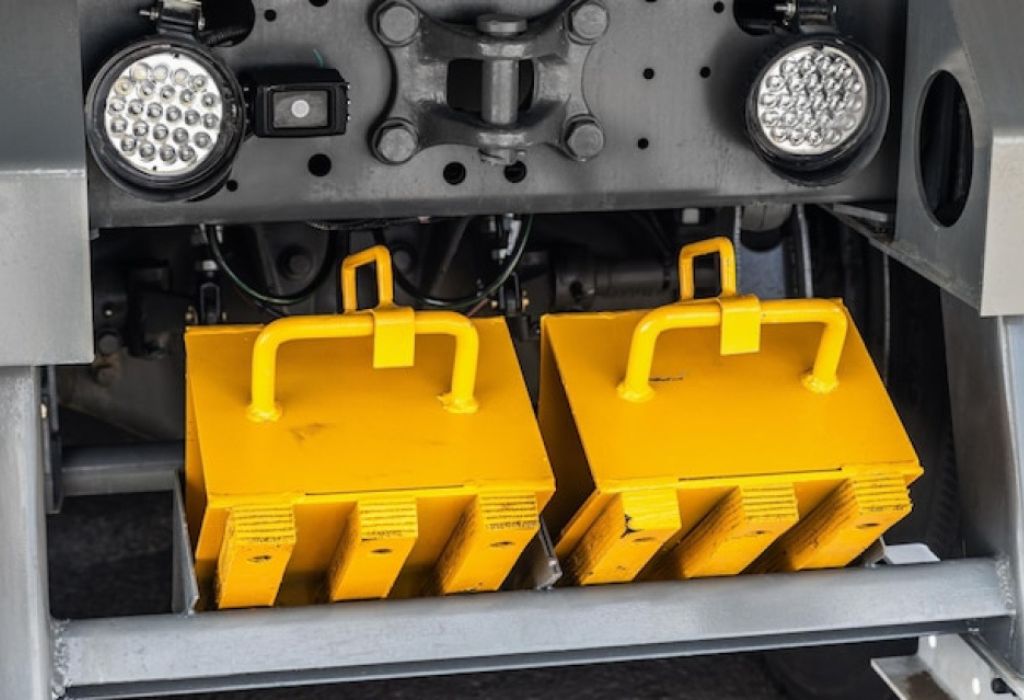
When comparing setups, the main differences are lifespan, capacity, and maintenance. Two 6V batteries last longer and handle more cycles, while one 12V battery is easier and cheaper to install.
A single 12V battery works well for part-time RVers who spend most nights at campgrounds with hookups. Two 6V batteries are better for full-time RVers or those who frequently camp off-grid.
Ultimately, the choice depends on how much power you need and how often you travel. Both options provide the same 12 volts, but their long-term performance differs greatly.
Which setup lasts longer?
Two 6V batteries usually outlast one 12V.
Which is cheaper upfront?
A single 12V battery costs less to buy.
Which is better for long trips?
Two 6V batteries perform better for extended off-grid use.
Which is easier to replace?
A single 12V is simpler to swap when needed.
Alternatives to 6V Battery Setups
Not every RVer chooses 6V batteries, as other options exist. High-quality 12V deep cycle batteries are often sufficient for moderate RV use.
AGM and Gel batteries require less maintenance compared to flooded lead-acid types. Lithium-ion batteries provide the best performance, lasting up to 10 years, but they are very expensive.
Each alternative has tradeoffs between cost, performance, and convenience. The right choice depends on camping style and budget.
Are 12V deep cycle batteries a good choice?
Yes, they are reliable for part-time RV use.
Do lithium batteries outperform lead-acid?
Yes, but they cost significantly more upfront.
Are AGM batteries maintenance-free?
Yes, they do not require water refilling.
Do gel batteries last long?
Yes, but they charge slower than AGM or lithium.
Expert Tips for Choosing RV Batteries
Consider how you use your RV before choosing between two 6V batteries or a single 12V. Frequent boondockers benefit most from the deep cycle durability of 6V batteries.
Budget-conscious or part-time travelers may find that a 12V battery meets their needs just fine. No matter the choice, regular maintenance is key to extending lifespan.
Installing a battery monitoring system helps prevent over-discharge. Proper charging also ensures that batteries last longer and remain efficient.
How do I choose the right battery type?
Match it to your camping style, power needs, and budget.
Should full-time RVers use 6V batteries?
Yes, they offer better durability under heavy use.
Do part-time campers need 6V batteries?
Not always, a single 12V is often enough.
What extends battery life most?
Proper charging and avoiding full discharges.
Market Trends and Future of RV Batteries
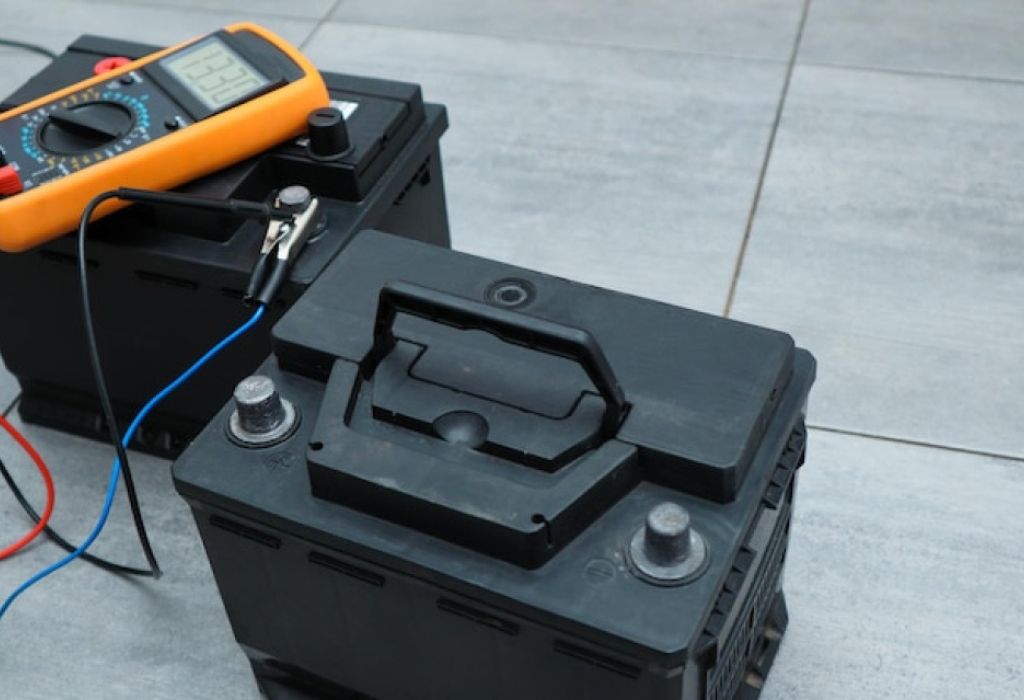
The RV industry is shifting toward lithium-ion batteries due to their long lifespan and lightweight design. More RVers are also pairing solar panels with their battery systems.
Despite this shift, 6V batteries remain a favorite among traditional RVers. Their proven durability makes them popular for extended off-grid camping.
As technology improves, prices for lithium and AGM batteries are slowly decreasing. This trend will eventually make advanced batteries more accessible for average RV owners.
Are lithium batteries replacing 6V setups?
Yes, among RVers who can afford them.
Are solar panels changing battery choices?
Yes, they pair best with deep cycle or lithium systems.
Are 6V batteries still relevant today?
Yes, many RVers still rely on them for durability.
Is the price gap narrowing?
Yes, advanced batteries are becoming more affordable.
Conclusion
The answer to are two 6 volt batteries better for RV use depends on your camping habits and budget. Two 6V batteries offer superior deep cycle performance, longer lifespan, and better reliability for frequent travelers.
However, they require more space, higher upfront investment, and careful wiring. For part-time RVers or those staying at campgrounds with hookups, a single 12V battery may be the easier option.
The best approach is to match your battery setup to your travel lifestyle. For serious off-grid campers, two 6V batteries remain one of the most dependable RV power solutions available.
I’m David R. Coleman, the founder, lead writer, and lifelong tool enthusiast behind GarageToolPro.com. With years of experience in automotive repair, woodworking, and home DIY projects, I created this platform to share practical tips, detailed tool reviews, and step-by-step guides that help mechanics, hobbyists, and homeowners get the job done right the first time.

